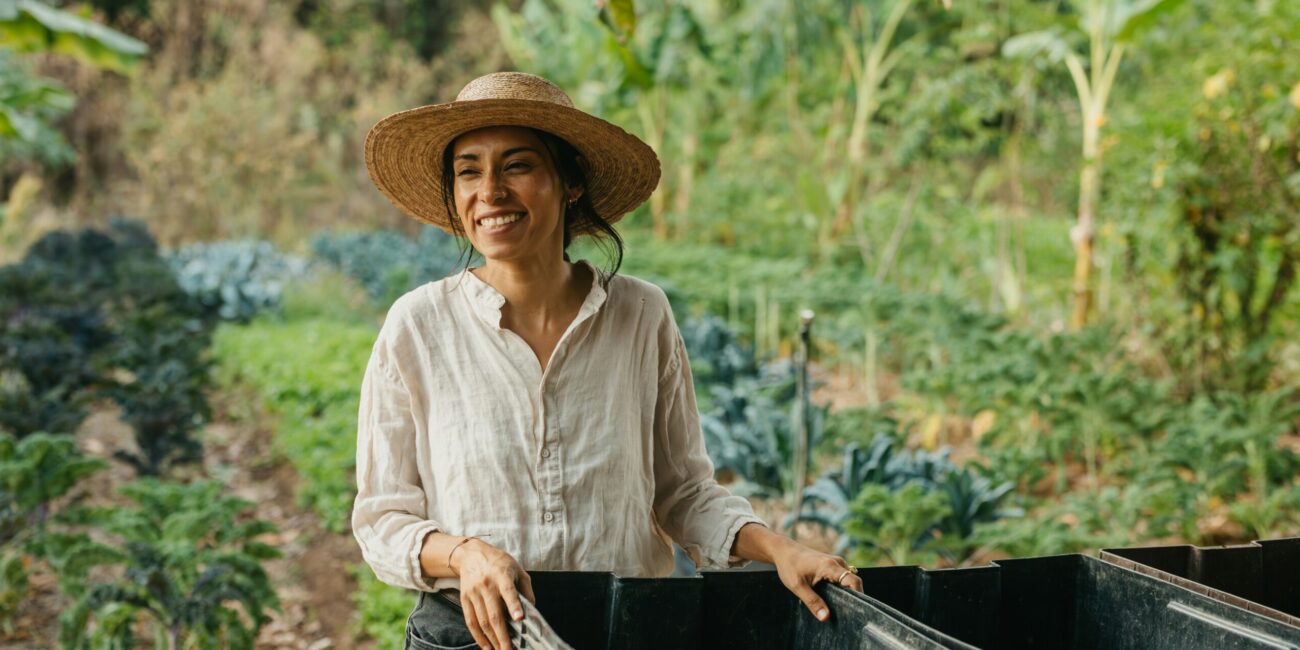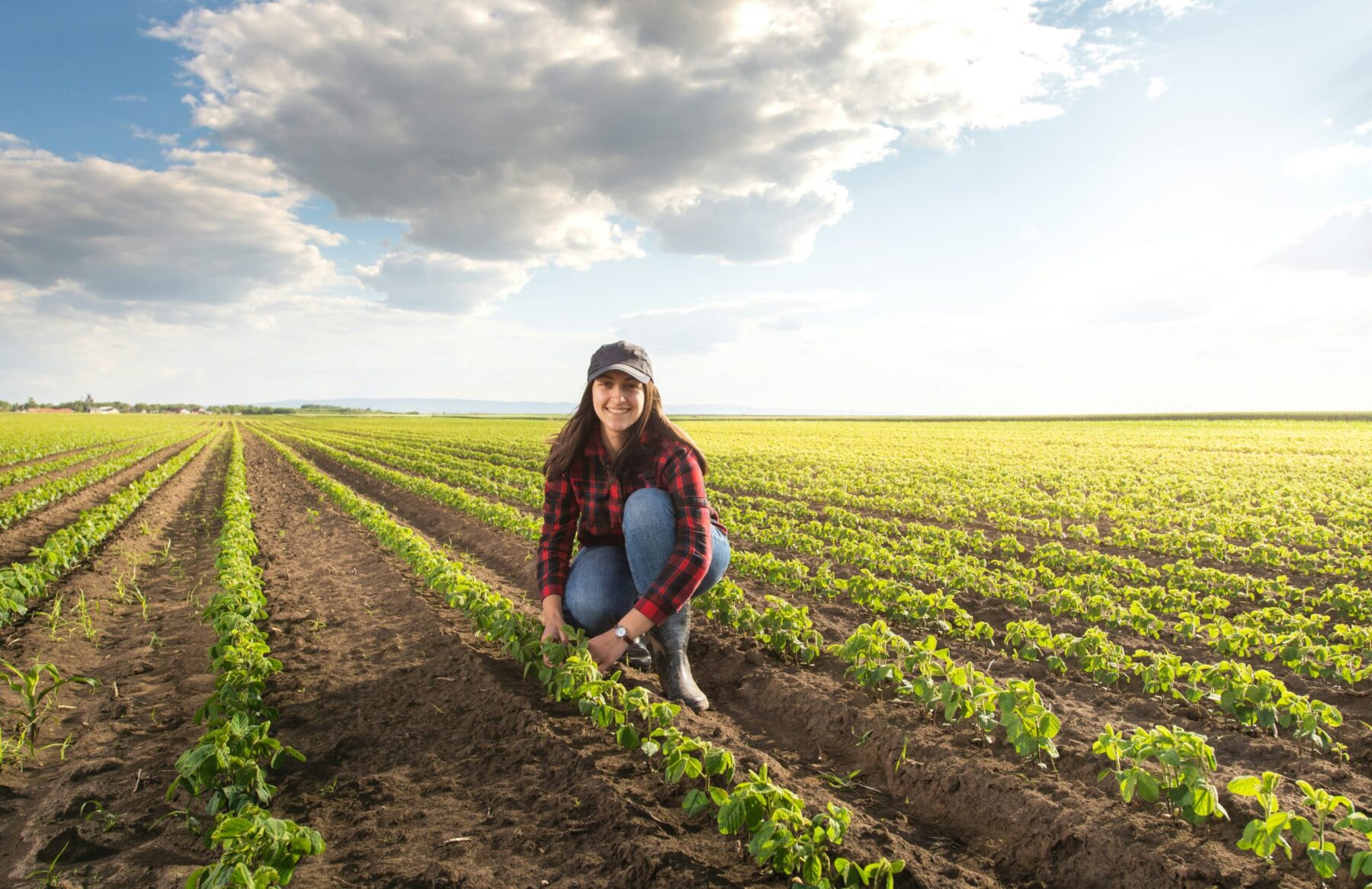Agricultural engineering and technology are at the heart of global food security, sustainability, and climate resilience. As the world faces increasing challenges—rising populations, soil degradation, and water scarcity—innovative solutions in precision agriculture, automation, and renewable farming practices are more crucial than ever. Yet, women remain significantly underrepresented in these fields, making up only 7% of agricultural engineers globally (FAO, 2023).
Despite their historical role in farming and food production, women have been largely excluded from the engineering and technological advancements that drive modern agriculture. Addressing this imbalance is not just about gender equity; it is essential for building a resilient and inclusive future.
A female agricultural engineer shared her experience:
“Agriculture isn’t just about growing food—it’s about engineering the future. Women bring innovation, problem-solving, and sustainability into a field that desperately needs fresh perspectives.”
The Impact of Women in Agricultural Engineering
Diversity in agricultural engineering leads to more efficient, sustainable, and innovative solutions. Research shows that gender-inclusive teams enhance problem-solving, boost productivity, and accelerate technological advancements in precision agriculture, irrigation systems, and automation.
Women’s involvement in agricultural technology also ensures that solutions are designed for diverse communities, including female farmers who make up 43% of the global agricultural workforce (World Bank, 2022). When women contribute to designing farming technology, they create tools that are more accessible, user-friendly, and adaptable for different farming conditions worldwide
Barriers Facing Women in Agricultural Engineering and Technology
Agricultural engineering and technology are often perceived as male-dominated fields. Women pursuing careers in these areas frequently face skepticism about their technical abilities and leadership potential.
“The hardest part wasn’t learning the science—it was convincing others that I belonged in the lab, in the field, and in the boardroom,” shared a female agritech innovator.
Globally, fewer than 12% of students in agricultural engineering programs are women (UNESCO, 2023). This gap is driven by a lack of exposure to STEM subjects, insufficient mentorship, and cultural expectations that discourage women from pursuing careers in engineering and technology. Women who do enter agricultural engineering face exclusion from leadership roles, wage disparities, and difficulties securing research funding. Only 10% of agritech startup founders are women, limiting female-driven innovation in the field (FAO, 2023).
Lack of Female Role Models and Mentors
Without visible women in agricultural technology, many young girls struggle to see themselves in the industry. The absence of mentorship programs further hinders career progression, leaving women without the support networks needed to navigate professional challenges.
Introducing young girls to agricultural engineering through hands-on learning, robotics in farming, and coding for smart agriculture can ignite their interest in the field. Scholarships and STEM outreach programs are crucial to increasing female participation in agricultural technology.
To close the gender gap, the Global Girls Development Foundation (GGDF) is working to expand training programs in agritech and engineering. Through partnerships with universities, research institutions, and industry leaders, GGDF is creating mentorship programs, scholarships, and skill development initiatives to support women entering the field.
Promoting Inclusive Workplace Policies
Organizations must implement policies that promote gender equity, such as transparent hiring practices, equal pay, and professional development programs for women in agricultural engineering. Diversity in leadership roles ensures that female perspectives shape the future of food technology and sustainability. Women-founded agritech companies are leading groundbreaking innovations, from AI-powered crop monitoring to vertical farming solutions. Increased investment in women-led agricultural technology startups can drive sustainable advancements while diversifying the industry. By amplifying the success stories of women in agricultural engineering, GGDF aims to inspire the next generation of female innovators. Highlighting female-led research, technological breakthroughs, and leadership in sustainable farming creates visibility and encourages more women to join the field.
A Vision for the Future
Women’s contributions to agricultural engineering and technology are essential for feeding the world, protecting the planet, and advancing sustainability. Breaking barriers in this field ensures that farming technology evolves to serve diverse communities, increase efficiency, and combat climate challenges.
As one female agritech entrepreneur put it:
“Agriculture is evolving, and women must be part of that evolution. We are not just growing food—we are growing a future that is smart, sustainable, and inclusive.”
At GGDF, we are dedicated to empowering women in agricultural engineering and technology through education, mentorship, and advocacy. Together, we can cultivate a future where women play a leading role in shaping the technologies that will feed and sustain the world.
The future of farming isn’t just in our hands—it’s in our minds, our innovation, and our leadership.
Let’s grow this movement, together. Connect with us to work together!
References
Food and Agriculture Organization (FAO). (2023). Gender Equality in Agriculture and Innovation. Retrieved from https://www.fao.org.
UNESCO. (2023). Women in STEM: Global Statistics. Retrieved from https://www.unesco.org.
World Bank. (2022). The Role of Women in Agriculture and Sustainability. Retrieved from https://www.worldbank.org.
International Society for Agricultural Engineers (ISAE). (2023). Bridging the Gender Gap in Agricultural Engineering. Retrieved from https://www.isae.org.
stronger
together
Whether you’re an individual, a company, a community, or an educational institution, there’s a place for you here at GGDF.
Join Us



